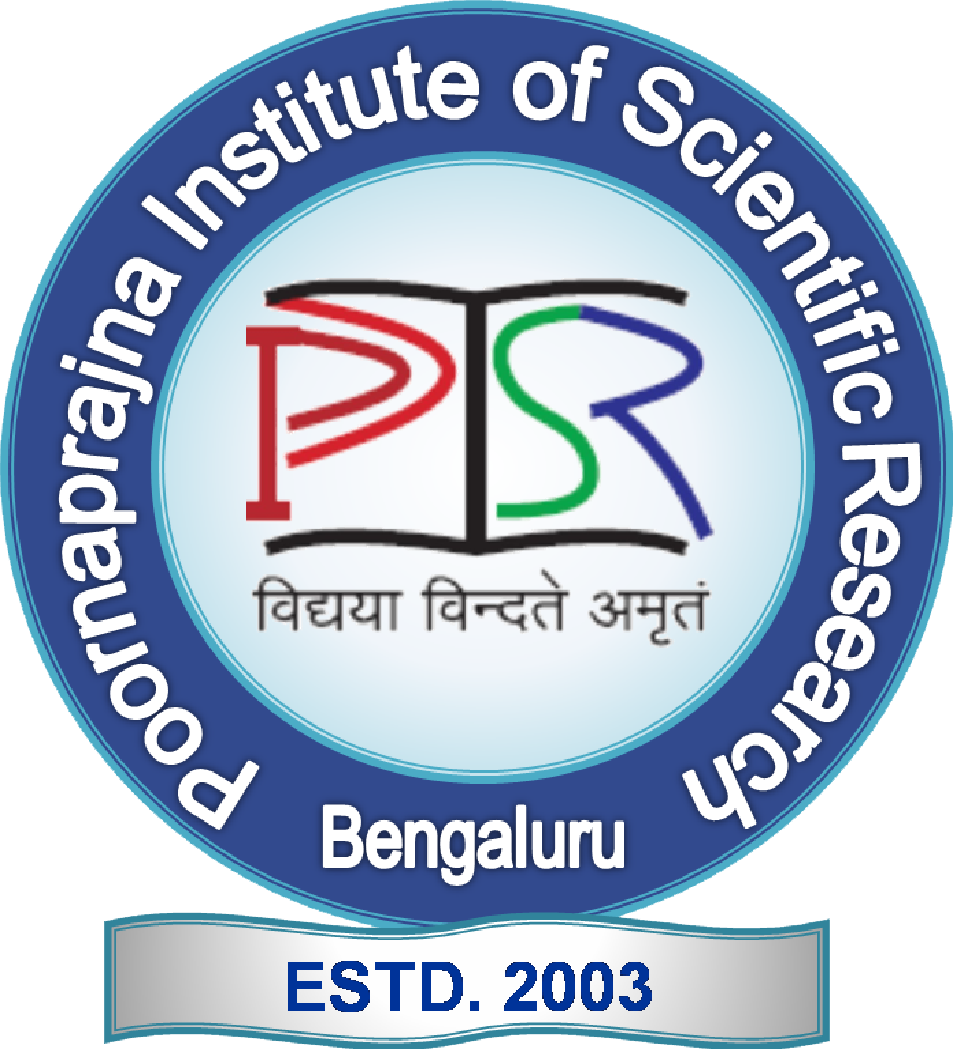Poornaprajna Institute of Scientific Research (PPISR) has established a testing facility for all researchers from academic institutions and industries, to characterize their samples. Interested individuals can analyze their samples under the guidance of a PPISR staff. PPISR has procured several analytical instruments that are vital for the faculty and students to pursue advanced research in basic and applied sciences. The Analytical Facility has several sophisticated instruments namely Powder X-ray Diffractometer, Surface Area Analyzer, Temperature Program desorption (TPD) Analyzer, Atomic Absorption Spectroscopy (AAS), Fourier Transform Infrared Spectroscopy (FTIR), Ultra Violet–Visible Spectroscopy (UV-VIS), and Fluorescence Spectrophotometer.
The following instruments are available at the PAC for external users:
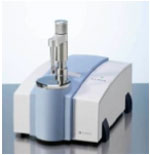 |
1. Fourier Transform Infrared Spectroscopy (FTIR) The Bruker-alpha FTIR spectrophotometer is a compact instrument and measures the infrared spectrum, which represents the molecular absorption and transmission of a sample. Specifications: |
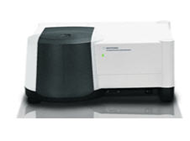 |
2. Fluorescence Spectrophotometer The Varian Cary Eclipse Fluorescence Spectrophotometer is a compact instrument and measures the fluorescence, phosphorescence, chemi/bio-luminescence, and time resolved phosphorescence. Specifications: Both solid and liquid samples can be analyzed. |
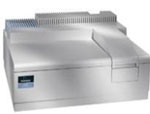 |
3. Ultra Violet – Visible Spectroscopy (UV-VIS) The UV-Visible spectrophotometer from Perkin Elemer can be routinely used in analytical chemistryfor the quantitative determination of different analytes such as transition metal ions, highly conjugated organic compounds, and biological macromolecules. Specifications: |
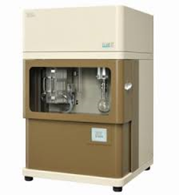 |
4. Temperature Program desorption (TPD) Analyzer BEL’s new fully-automated catalyst analyzer, enables comprehensive catalyst study by using the techniques; 1) Temperature programmed desorption (TPD) 2) Temperature programmed reduction (TPR) BELCAT II will be the strong tool for the catalyst evaluation.
Typical Applications |
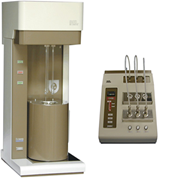 BEL Sorp II, Japan BEL Sorp II, Japan |
5. Surface Area Analyzer with pore size distribution etc Specifications |
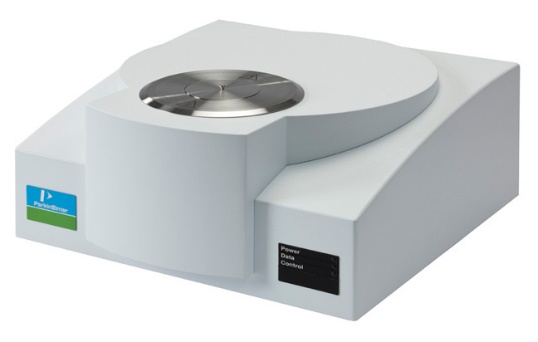 |
6. TGA/DTA (Simultaneous Thermal Analyzer)
|
For enquiries from interested individuals please contact the faculty in-charge for more details about the charges. Contacts:
1. Dr. Sanjeev P. Maradur
Faculty-in-charge
Email: pac@ppisr.res.in
2. Mrs.Latha Srinivasan
Senior Secretary to the Director
Email: latha@ppisr.res.in
Address:
Poornaprajna Institute of Scientific Research
No. 4. Sadashivanagar,
BANGALORE – 560 080,
Phone Off: 23611836
Please do not send us your samples without making a preliminary enquiry!
